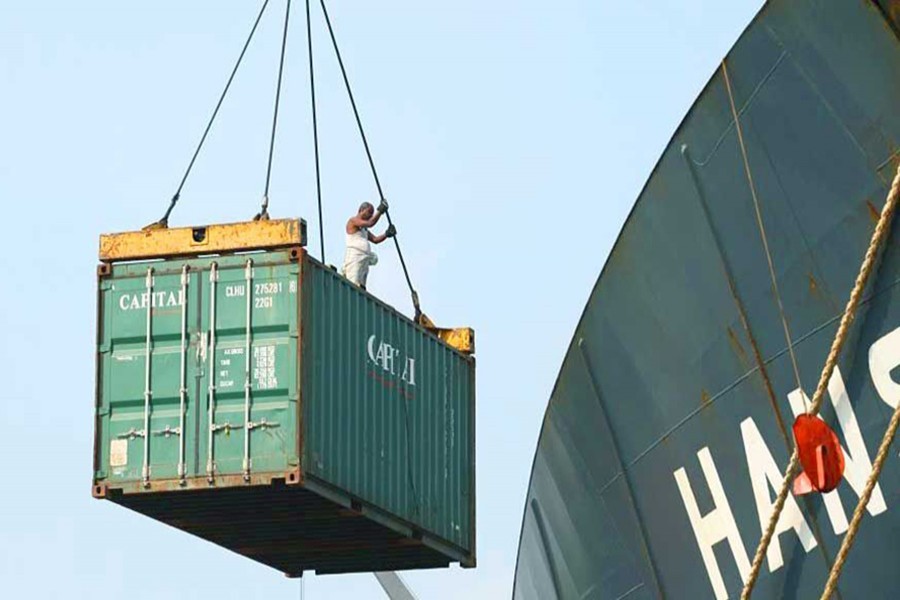With the formulation of a draft export policy for the years 2018-2021, the country has made its intention clear about diversifying its export basket - albeit on a limited scale. The draft policy has prioritised denim (a particular type of jeans fabric), drug ingredients and footwear along with bringing light engineering products, cashew nuts, processed crab and toys in the special development category. Pharmaceutical products are already in the top priority sector; their raw materials have also been listed there. In fact, encouraging development of the area of the ingredients of medicines has a similarity with the development of the backward linkage sector of the readymade garments industry (RMG). On that count, the pharmaceuticals here have not been very keen to advance the cause mostly because they reckon that the finished products fetch them greater profit in a considerably large market where they enjoy a monopoly. This may now change with the extra policy support in the form of tax waiver, incentives, bonded warehouse facility and duty-free import of equipment and machinery manufacturers will be given. A few companies failing to brand their products may seize the opportunity to produce ingredients only for export.
It is the special development sector that really shows the way of diversifying the export basket. Here agro products such as various jute goods, frozen fish, rubber, silk, products of handicrafts and cottage industries have been included along with electronic, electric and light engineering goods. There are other products such as paper, printing and packaging which the country still has to import. How it will reverse the process remains to be a matter of debate. Handloom products may be an option but whether those would be competitive enough is doubted. Coconut coir does not find its rational use and if systematically developed, it may be an item for export on a modest scale.
However, the extraordinary emphasis on development of plastic industry is misplaced indeed. Environmentalists and eco-promoters the world over have launched a campaign against polythene and plastic by drawing attention to the extensive damage these non-biodegradable substances are causing to both land and sea. Already, an alternative to polythene has been developed, courtesy of research by a local scientist, and an agreement has also been reached with a company of Britain for production of jute poly bags. Why not concentrate more on this instead of encouraging plastic industry?
Last but not least, this small but overcrowded country cannot afford industries that pollute the environment on a massive scale. The records of the existing industries are far from enviable. So it would be wise to go for clean energy and green industry. One of the areas where education and skill can combine well to reap enormous dividend is information and technology sector under which IT-enabled services, apps development and programming can earn foreign exchange with modest capital investment and requiring small spaces. Of the heavy industries, shipbuilding has potential but ship-breaking should not only be discouraged, it should be stopped altogether. Polluting industries may exact a high price ultimately.


